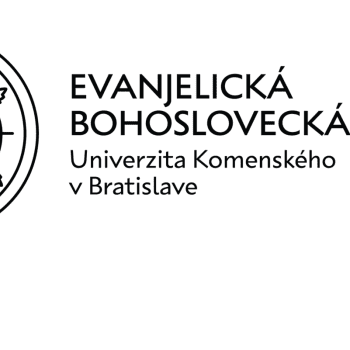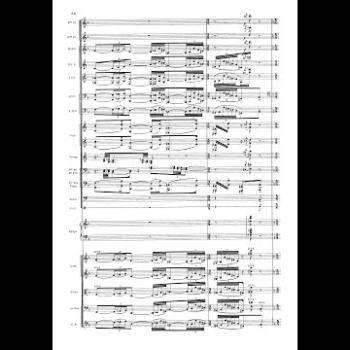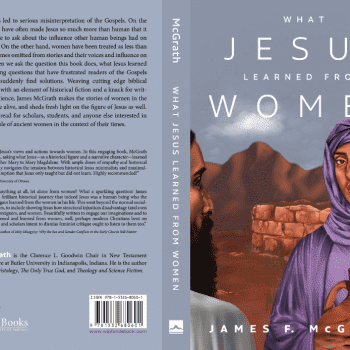I thought this was a particularly important statement in Benjamin Edsall’s review of Chris Tilling’s book, Paul’s Divine Christology:
Tilling objects, rightly, to getting hung up on ontological questions in Paul’s Christology, and he spends the majority of the book discussing the Christ-relation and arguing that it has certain important structural parallels with a “typical” Jewish God-relation. Nonetheless, it seems to me that the language of “divinity” in the context of this topic is inescapably laden with ontological significance. An appointed mediator could conceivably have any measure of overlap with God without sharing his divinity in any meaningful sense. So long as there remain differences between the two figures and the way in which people relate to them (and there do remain differences, as detailed on 235–36), it is not clear how one can move from relation to divinity, even when it is defined as “an understanding of the ‘uniqueness of YHWH that puts him in a class of his own’ ” (64, emphasis added). For all the overlap noted by Tilling, God effectively remains in a “class of his own.”
On Facebook, Chris Tilling pointed out a funny typo in the review:
He concludes that, even if Paul were drawing on these texts, his pattern of Chris-relation is much closer to the God-relation than to any mediator, including the Son of Man in 1 Enoch.
Did you catch it? I regularly make the opposite mistake – when typing “Chris Tilling” I rarely fail to add a “t” at the end of his first name…













